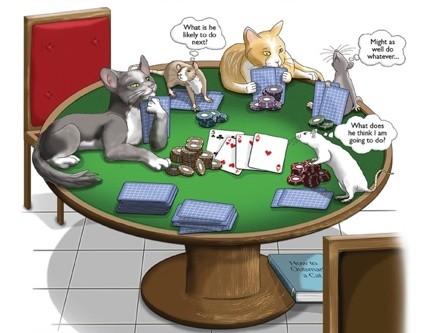Abstract
Animals live and make decisions in complex societies, yet the exact nature of these societal social behaviors and the neural circuit mechanisms underlying them remain to be identified and understood. To investigate decision-making in societal contexts we constructed a “Rat City” -- an indoor naturalistic environment designed to simulate a societal setting for rats. Using this setup, we tested if rats’ group identity influences their social decisions. Specifically, we conducted experiments where groups of rats that differed according to their kin relationships and familiarity were introduced to this naturalistic environment. After isolating each group on opposite sides of Rat City for seven days, we opened a door that connected these two sides, allowing the two groups to freely interact. We initially focused on two behaviors common to many animals—food robbery and fighting—by annotating who fought and who robbed from whom. Our observations revealed that rats opportunistically robbed food from one another each day. We also found that rats would engage in frequent conflict with each other, where the aggressive period peaked when the two groups were united. We found that the targets of aggression were dependent on the pairwise identity of rats, group affiliation and pairwise social interaction history. Specifically, we found that a victim's probability of retaliation is a U-shaped function of its cumulative win-loss history with a particular initiator. Agent-based simulations demonstrate that this learned, pairwise strategy is sufficient to reproduce the macroscopic decline in societal conflict observed experimentally. These observations provide strong evidence for partner-specific scorekeeping in rodent conflict, suggesting that complex societal dynamics can emerge directly from learned, dyadic social exchange. We are currently examining the frontal cortical neural activity that contributes to these societal decisions.

Biography
Gowan Tervo is a Group Leader at the Janelia Research Campus, where he leads a lab focused on the neural bases of rodent social cognition and neuroscience tool development.
The Tervo Lab uses both naturalistic behavioural assays and defined social tasks to investigate the behavioural complexities of social interaction and their mechanistic bases. A current focus is to examine rodent social interactions in societal settings over longitudinal experiments. Within these environments, some key interests are group-dependent behaviour, social hierarchy formation, division of labor, and resource distribution.
The lab also develops tools for systems neuroscience. One current direction involves updating AAV capsids that allow access to different neuronal populations.
Gowan received an undergraduate degree from the University of Oxford and then a Ph.D. from Cold Spring Harbor Laboratory, where his research focused on the presynaptic vesicle cycle. Prior to establishing his own group, he worked as a postdoctoral fellow and a Senior Scientist at Janelia.
